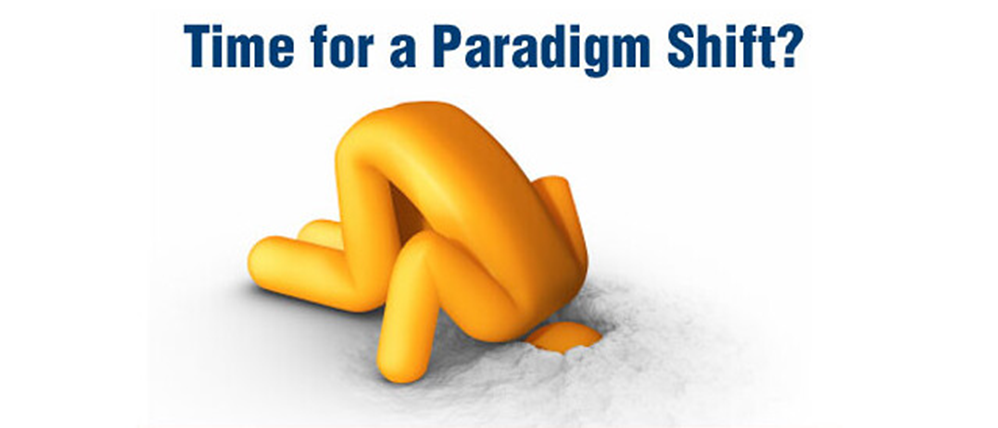400 words (5 minutes reading time) by Tim Whistler
Saying that system governance is the key to paradigm change is stating the obvious. Any way of thinking about change requires existing power structures to be understood and for the people controlling those power structures to be given incentives to start thinking and behaving differently. We see it happening every day.
A friend who works as a consultant to various councils was explaining her work to me recently. She was dumbing it down for me and used the analogy of cake decoration. She said her role is the equivalent of helping community to sort out Smarties to pick colours to decorate the council cake. Everyone knows people have favourite Smartie colours, and there will be the ‘right’ colours for the cake. Without knowing exactly who will be eating the cake it can be tricky, and a lot of effort goes into talking to the community about the colour of the Smarties.
Continue reading

